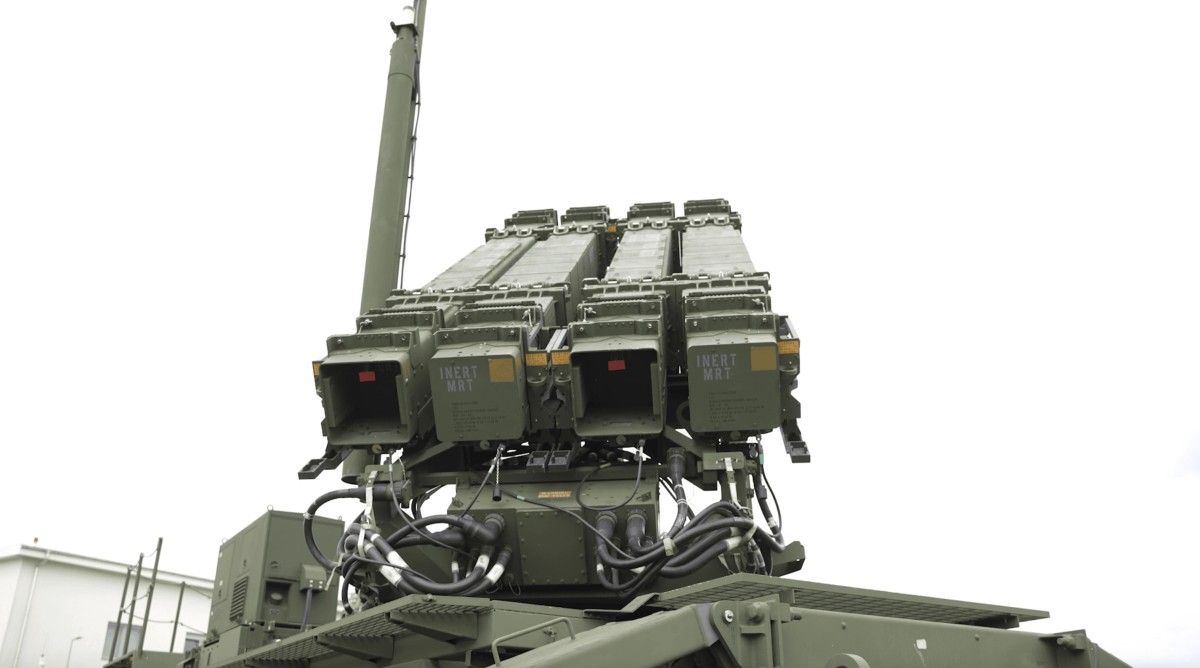A pioneering blood test that screens for more than 50 types of cancer correctly identified the disease in almost two-thirds of cases where it detected warning signs. The Galleri test searches for DNA shed by cancer cells in the bloodstream, potentially catching cancer before symptoms appear.
More than 23,000 people without symptoms from the US and Canada participated in the Pathfinder 2 trial over at least a year. Results showed that of those with a detected "cancer signal" in their blood, 61.6% were subsequently diagnosed with the disease.
High accuracy rates
The test demonstrated exceptional precision in ruling out cancer when it wasn't present, correctly identifying healthy individuals in 99.6% of cases. For confirmed cancer patients, it successfully pinpointed which organ or tissue was affected with 92% accuracy, potentially saving time and resources on additional scans.
WalesOnline reports the test has been dubbed the "holy grail" of cancer screening by some researchers. The trial found that 53.5% of detected cancers were in the earliest stages I-II, while 69.3% were caught in stages I-III.
Seven-fold detection increase
Sir Harpal Kumar, president of international business at Grail, the US biotechnology firm behind the test, said Galleri detected "seven times as many cancers as the other screening programmes put together". He believes this could help in "transforming cancer outcomes".
Modelling suggests the test could work effectively as an annual screening tool for people aged 50 and above, when cancer cases begin to increase rapidly. Earlier research published in BMJ Open indicated such testing could reduce late-stage diagnoses by 49% and deaths by 21% within five years.
NHS trial and expert debate
An NHS trial examining how well Galleri works for screening symptom-free individuals is expected to publish results next year. The test is being evaluated alongside existing screening programmes for cancers like breast and bowel cancer.
Professor Nitzan Rosenfeld from the Barts Cancer Institute in London described the results as "impressive". However, other experts urge caution about the test's real-world effectiveness.
Mixed expert reactions
Professor Clare Turnbull from the Institute of Cancer Research called for further research into whether such tests actually reduce cancer death rates. Anna Schuh, professor of molecular diagnostics at the University of Oxford, highlighted concerns about accuracy.
Schuh warned the test produces false positives "almost half of the time", calling this "disappointing as it is only fractionally better compared to tossing a coin". WalesOnline reports that test sensitivity varies significantly, detecting 74% of common cancers compared to just 40% of others.
Sources used: "Sky News", "WalesOnline", "Chronicle Live"
Note: This article has been edited with the help of Artificial Intelligence.









